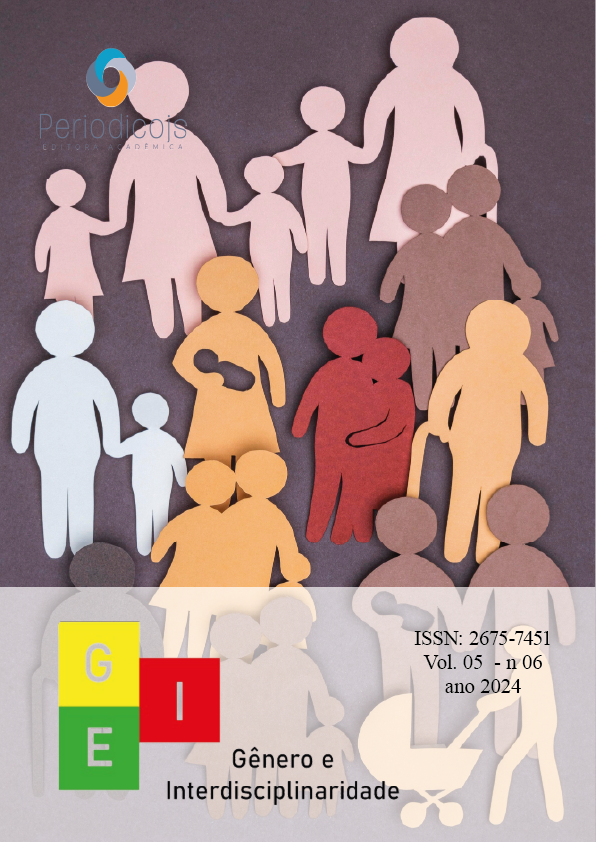Abstract
This article explores the intersection between oral history, country music, and intangible heritage, with an emphasis on the experiences of the elderly. Using oral history as a methodology, we seek to understand how the personal narratives of the elderly contribute to the preservation and transmission of country culture. We analyze country music not only as an artistic expression, but also as a vehicle for collective memory and cultural identity. We highlight initiatives such as the Memórias Vivas Project in Piracanjuba, which promote intergenerational dialogue and strengthen community ties. We conclude that valuing the voices of the elderly is essential for the maintenance and revitalization of Brazil's intangible cultural heritage.
References
ANTUNES, Ricardo. Adeus ao Trabalho?. São Paulo: Cortez, 1995.
MARÉS, Carlos Frederico. A Função Social da Terra. Curitiba: Juruá, 2003.
NORA, Pierre. Entre memória e história: a problemática dos lugares. Projeto História, São Paulo, n. 10, p. 7-28, dez. 1993.
PÁDUA, José Augusto. História ambiental e patrimônio cultural. Estudos Avançados, São Paulo, v. 24, n. 68, p. 37-50, 2010.
PORTELLI, Alessandro. The Battle of Valle Giulia: Oral History and the Art of Dialogue. Madison: University of Wisconsin Press, 1997.
PORTELLI, Alessandro. The Death of Luigi Trastulli and Other Stories: Form and Meaning in Oral History. Albany: State University of New York Press, 1991.
THOMPSON, Edward Palmer. A Formação da Classe Operária Inglesa. Tradução de Denise Bottmann. São Paulo: Paz e Terra, 1987.
THOMPSON, Paul. A Voz do Passado: História Oral. Tradução de Lólio Lourenço de Oliveira. 3. ed. Rio de Janeiro: Paz e Terra, 1992.
UNESCO. Convenção para a Salvaguarda do Patrimônio Cultural Imaterial. Paris, 2003.





